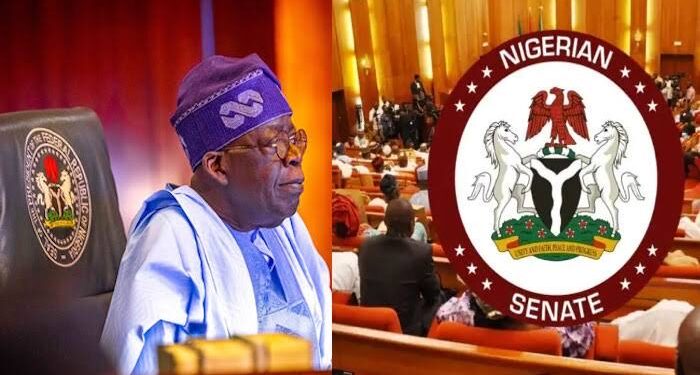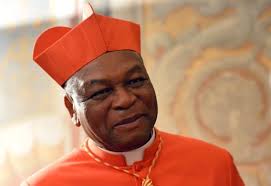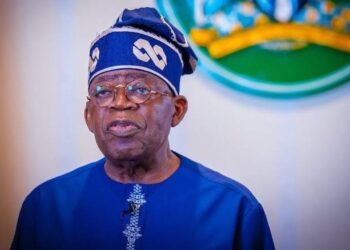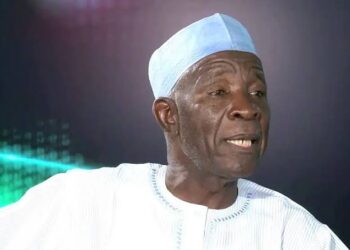A proposal aimed at establishing a federal agency specifically dedicated to overseeing local government elections in Nigeria was formally presented in the Senate on Thursday. Titled the “Local Government Independent Electoral Commission (Establishment) Bill, 2024 (SB. 531),” the bill marks a significant development in legislative efforts to reform the electoral process within the country.
Spearheaded by Senator Sani Musa, Chairman of the Senate Committee on Finance and a member of the All Progressives Congress (APC) representing Niger East, the bill successfully advanced through its first reading during the Senate’s plenary session.
The introduction of this bill underscores ongoing concerns and discussions regarding the administration and management of local government elections in Nigeria. Currently, local government elections are primarily conducted by state electoral commissions, leading to varying procedures and standards across different states. Proponents of the bill argue that establishing a federal agency dedicated to local government elections could streamline the electoral process, enhance transparency, and ensure uniformity in electoral practices nationwide.
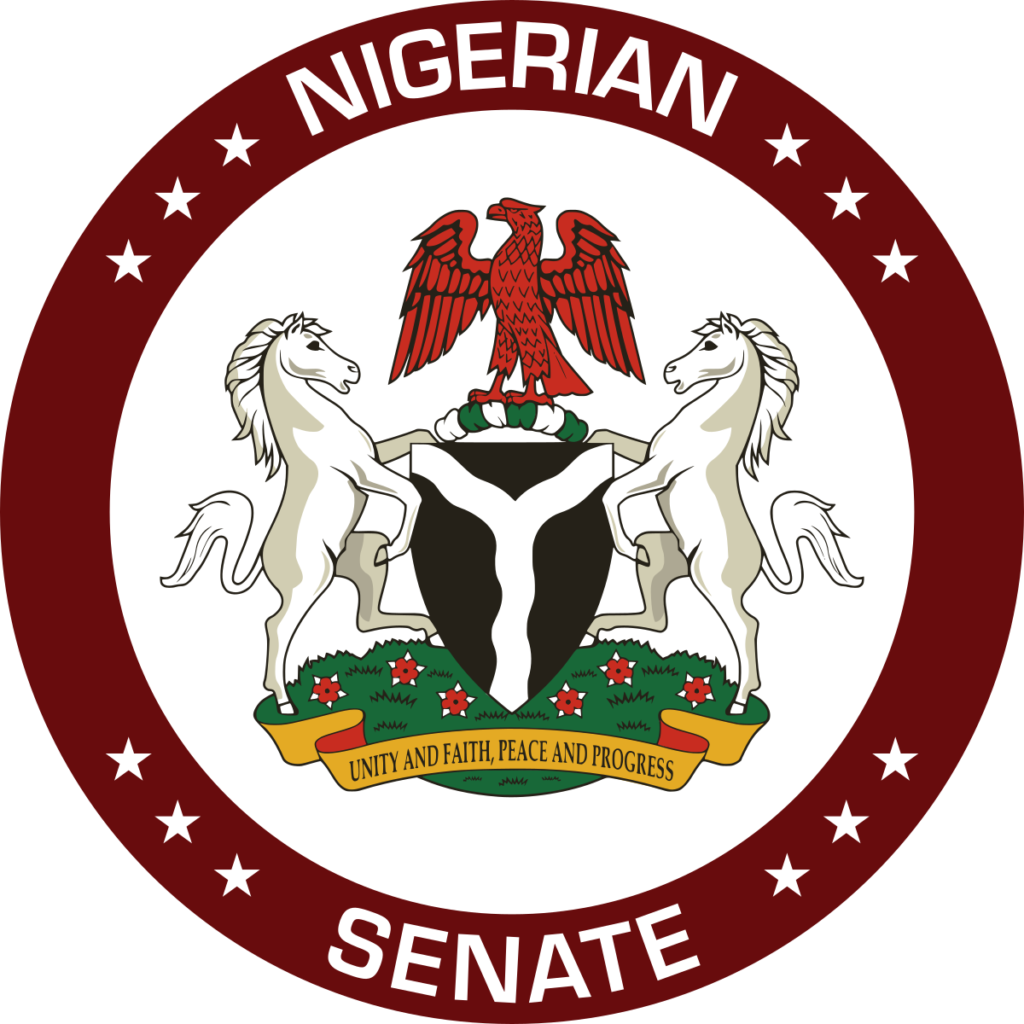
Senator Sani Musa emphasized the need for a specialized federal agency to oversee local government elections, highlighting the importance of credible, free, and fair elections at the grassroots level. He expressed confidence that the proposed commission if established, would strengthen democratic governance by fostering greater accountability and public confidence in the electoral process.
The bill’s introduction is expected to trigger robust debates and consultations among lawmakers, stakeholders, and the general public. Supporters believe that centralizing the responsibility for local government elections under a federal agency could mitigate issues such as electoral fraud, manipulation, and disputes that have marred previous elections conducted by state electoral bodies.
However, critics and skeptics may raise concerns regarding the potential implications of centralizing local government elections under federal jurisdiction. Questions about the autonomy of states in conducting elections, the allocation of resources and responsibilities between federal and state levels, and the overall effectiveness of a federal commission in addressing local electoral challenges may feature prominently in upcoming deliberations.
In recent years, Nigeria has witnessed increasing calls for electoral reforms aimed at enhancing the integrity and credibility of elections at all levels of government. The introduction of the Local Government Independent Electoral Commission (Establishment) Bill, 2024 reflects a proactive step towards addressing some of these concerns, particularly within the context of local government elections.
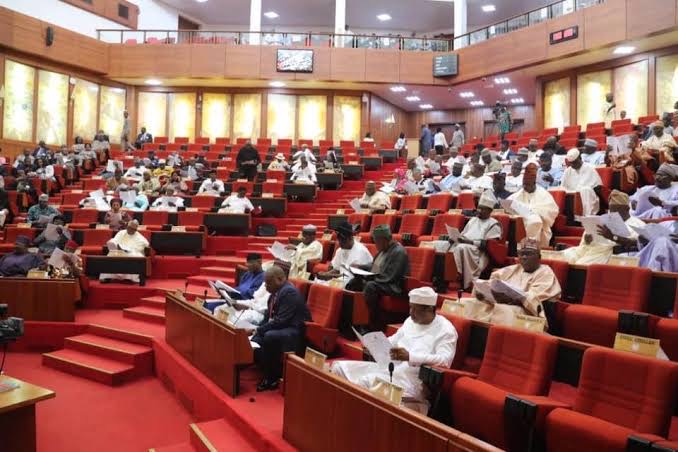
As the bill progresses through subsequent readings and legislative procedures in the Senate, stakeholders across political divides, civil society organizations, and the electorate are expected to engage actively in discussions, offering diverse perspectives and recommendations. The outcome of these deliberations will likely shape the future direction of electoral reforms in Nigeria, potentially influencing how local government elections are administered and perceived in the years to come.
In conclusion, while the introduction of the bill represents a pivotal moment in Nigeria’s democratic evolution, its ultimate success hinges on bipartisan cooperation, rigorous debate, and a commitment to ensuring that any reforms introduced contribute positively to the democratic process and governance at the grassroots level. The journey towards establishing a federal agency for local government elections promises to be a significant chapter in Nigeria’s ongoing quest for electoral excellence and democratic consolidation.


